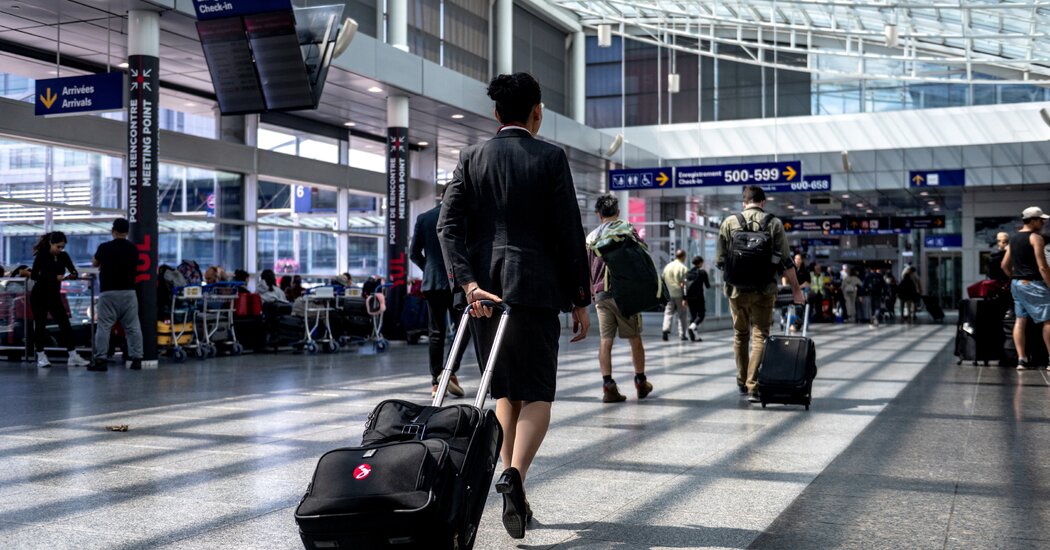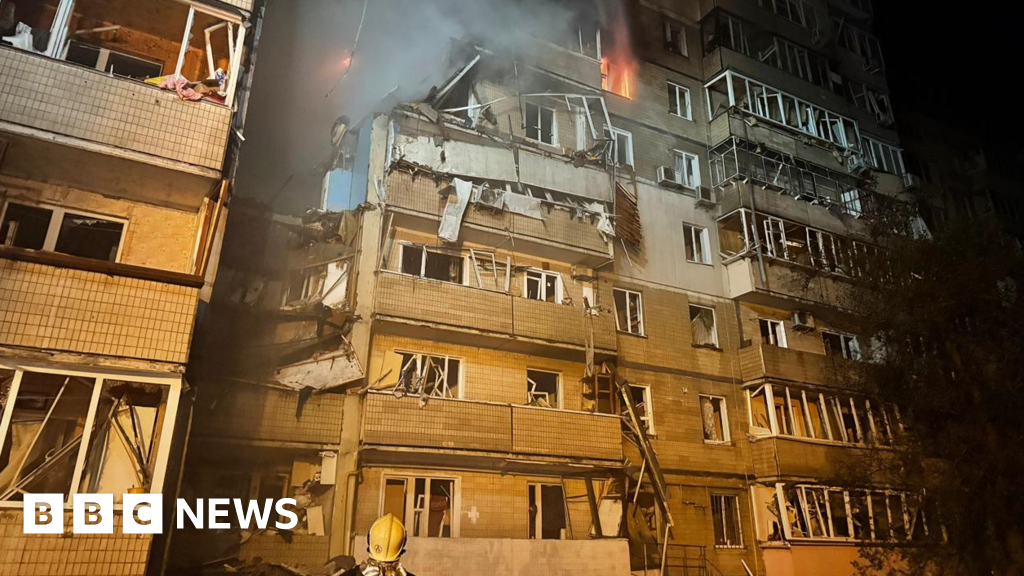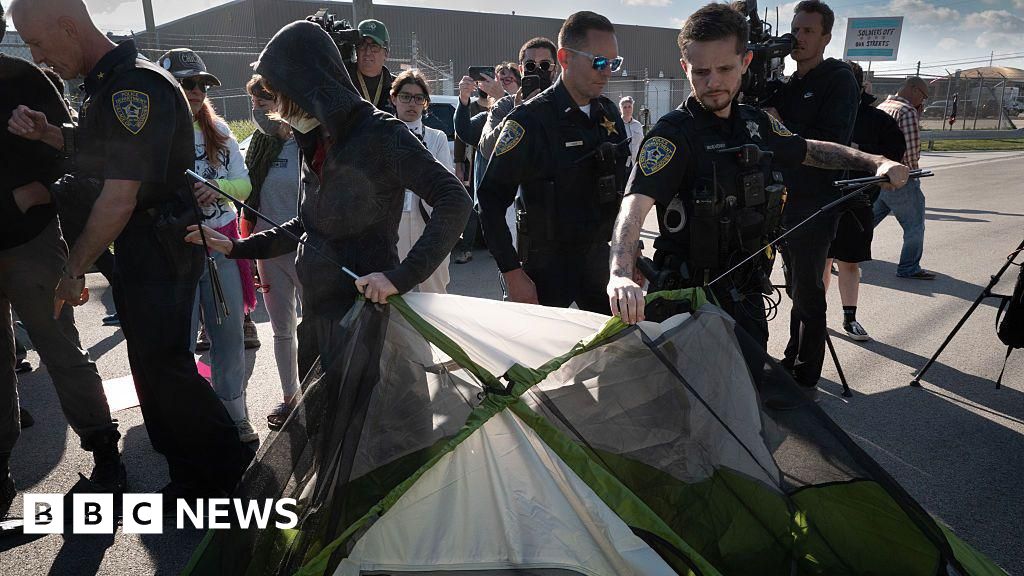About 10,000 flight attendants at Air Canada resoundingly rejected a proposed contract that was negotiated last month after they defied federal back-to-work orders.
The airline said it is not expecting a resumption, however, of the walkout that shut down Canada’s main air carrier for five days last month.
Air Canada said in a statement that it and the union had anticipated that the contract might be rejected and reached an agreement not to restart the strike and lockout if that happened. Instead, talks on the wage portion of the contract will reopen with a mediator’s help. If that fails, the issue will go to arbitration.
The shutdown affected about 500,000 passengers and paralyzed travel in a sparsely populated country that spans six time zones, leaving few practical alternatives to flying for many trips.
The Air Canada unit of the Canadian Union of Public Employees said in a statement on Saturday afternoon that the contract was rejected by 99.1 percent of the attendants. It added that 94.6 percent of them voted.
The union did not immediately respond to a request for comment.
Air Canada reopened talks with the union after its workers defied a labor board decision declaring the strike illegal. The resulting agreement included, for the first time at the airline, pay for work that flight attendants perform before and after flights, such as boarding passengers and conducting safety checks.
The union’s initial refusal to end the strike last month followed an effort by the federal government to circumvent a decision by the Supreme Court of Canada affirming the right of workers to strike even when the action could lead to substantial disruption and inconvenience.
Rather than order the workers directly back to work, the government ordered the dispute to be settled with a contract imposed by an arbitrator. The union had objected to that step because arbitrators in Canada rarely introduce new measures, such as payment for work before and after flights, in the contracts they impose.
Air Canada, however, returned to negotiations with the assistance of a mediator after Patty Hajdu, the federal labor minister, ordered a review of the airline industry’s practice of paying attendants only for the time they spend in the air. The attendants’ union and most of the opposition parties in Parliament have long called on the government to ban the practice, either through legislation or enforcement of the federal labor code.
While the now-rejected agreement establishes the principle of payment for what the union calls ground work, it would not be at full pay. Air Canada had agreed to pay 70 percent of the regular wage rate for 45 minutes of ground work on smaller aircraft and for 60 minutes on larger planes.
Stephanie Ross, an associate professor of labor studies at McMaster University in Hamilton, Ontario, said that the vote against the contract by the attendants will not jeopardize that gain.
“The employer agreed to that,” she said. “That is something they won.”
By rejecting the contract, however, the flight attendants may hope to use arbitration to win on other issues like wages that were not fully resolved in the earlier talks, Professor Ross said. In any case, no imposed settlement can contain less than what is found in the now rejected agreement.
“The flight attendants are still quite angry,” she said. “So you know they might be thinking, ‘Hey what do we have to lose?’ We’re going to get ground pay locked in no matter what and we probably won’t get less than what’s been negotiated on the wage package.”
While it’s possible that some individual members may take job actions without the union’s endorsement, Professor Ross said, such actions are likely to be limited. She added that large demonstrations by flight attendants, like those seen before the walkout, are very likely.




Comment ×